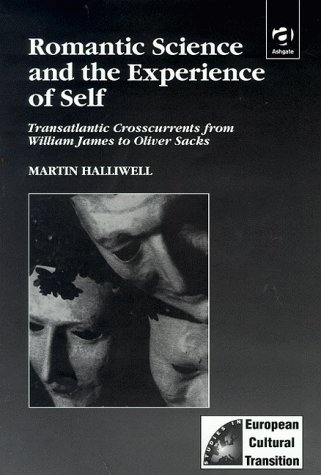Studies in European Cultural Transition
1 total work
Vol 2
This work constructs a 20th-century tradition of romantic science by suggesting points of interconnection in the work of five key figures in transatlantic intellectual history: American philosopher and psychologiest, William James; Austrian psychoanalyst, Otto Rank; Swiss psychiatrist, Ludwig Binswanger; Danish/German psychologist, Erik Erikson; and British neurologist, Oliver Sacks. Each of these romantic scientists has a practical and theoretical interest in the experience of individuals: with the object of empirical observation being replaced by the living subject of phenomenological study. The book demonstrates that romantic science is essentially an experimental and humanistic tradition, which responds to the modern condition by attempting to reconnect the narrow sphere of clinical observation with the broader realities of lived experience. Stimulated by debates over rival models of consciousness and a renewed interest in theories of the self, the book argues that in their challenge to Freud's adoption of ideas from 19th-century natural science, these thinkers have enlarged the possibilities of romantic science for bridging the perceived gulf between the arts and sciences.
